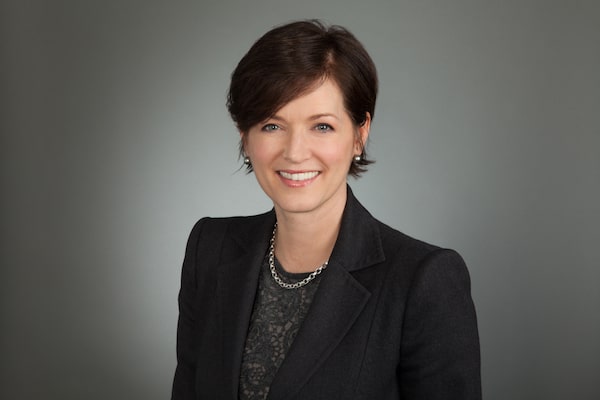As workplaces evolve, the definitions of what it means to be successful and fulfilled at work have clearly shifted.
The cohort known as Generation Z – the oldest of which are now in their early 20s – represents the leaders of tomorrow, and we must acknowledge the transformative views that they bring to the workplace. This generation expects to derive a sense of purpose from their work, a feeling that they are contributing to society, and they want more from work than a paycheque.
We need to evolve our approach to work in order to meet their expectations and create an environment in which these future leaders can flourish. This profound generational shift has led me to reflect on three key learnings for employers:
Work-life integration, not work-life balance
Work-life balance is a trite phrase that describes a much sought-after though often elusive state. Yet when one asks professionals to explain what work-life balance means, the range of answers suggests how difficult it is to attain. We must go beyond the conventional consideration of someone’s work-life balance to view our employees’ lives more holistically.
As employees seek greater work-life integration – i.e., finding satisfaction with both their work and home lives by blending what they do personally and professionally – we must respond by affording them opportunities to find the fulfillment they seek. This could include supporting flexible working arrangements, offering career-development opportunities that may be outside of their immediate job, or continuing to communicate the importance of inclusive work cultures.
Our careers now last longer than ever, with many of us experiencing several evolutions over the course of our work lives.
CFA Institute research shows that investment professionals are motivated by having interesting work and the ability to learn new things – even more so than by compensation. As employers, we can create environments that invite employees to fulfill that passion and encourage them to continue their educational journeys backed by our own organizations, as opposed to having to look elsewhere to find that spark.
Finance as a catalyst for change
Aspiring investment professionals are conscious of their work’s societal impact and care how they communicate that externally. CFA Institute research has shown that employees believe a financial organization’s purpose and values are just as important as investment capabilities, products and results.
As leaders, we must clearly define our company culture, communicating to employees about our mission, our values and how we fulfill our purpose. It’s important that what’s communicated to the work force is authentic and sustainable.
This is not only good for employees and the communities in which they work and live, it’s good for business. Ethical behaviour that has a positive impact encourages broader participation in the markets, greater protection of clients’ interests and more opportunities for investment professionals. Clients are attracted to firms with trustworthy, ethical reputations, which in turn generates more business. I believe that “purposeful capitalism” will define the financial ecosystem of the future.
Cultivating the women leaders of tomorrow
As Gen Z women join the workforce, we must invest time and resources to encourage them to flourish – both at work and at home. Take it from a working mother who faced some of her greatest career challenges with two young children at home – these initiatives remain critical.
One thing to remember is the very personal nature of career paths, especially for women, and what defines a rewarding work experience for the long run. In fact, a recent survey of our members and candidates showed that when it came to job factors that motivate women, no single item was deemed “essential” to a majority of the respondents; there’s no “one-size-fits-all” approach. We have to look at the unique situations of women, have candid conversations about their journey and create programs to meet those needs.
Career catalysts are one key component of supporting women’s success in the workplace. These can range from one-to-one mentoring to detailed career road maps or professional groups of peers meeting regularly. These resources prove invaluable to the development of a career, not only for women at the start of their journey but for the entire span of their professional lives.
We’re at a moment in which priorities and mindsets are shifting. Our industry has an opportunity to reset, consider the systems that define the work, assess how they operate and for whom and for what purpose. The willingness to seize this opportunity to advance ideas that have often lingered under the surface will have consequences for years to come.

Liz Floyd/Supplied
Margaret Franklin is the president and CEO of the CFA Institute, a not-for-profit professional organization that provides investment professionals with finance education. She is the Leadership Lab columnist for March, 2021.
This column is part of Globe Careers’ Leadership Lab series, where executives and experts share their views and advice about the world of work. Find all Leadership Lab stories at tgam.ca/leadershiplab and guidelines for how to contribute to the column here.
Stay ahead in your career. We have a weekly Careers newsletter to give you guidance and tips on career management, leadership, business education and more. Sign up today or follow us at @Globe_Careers.